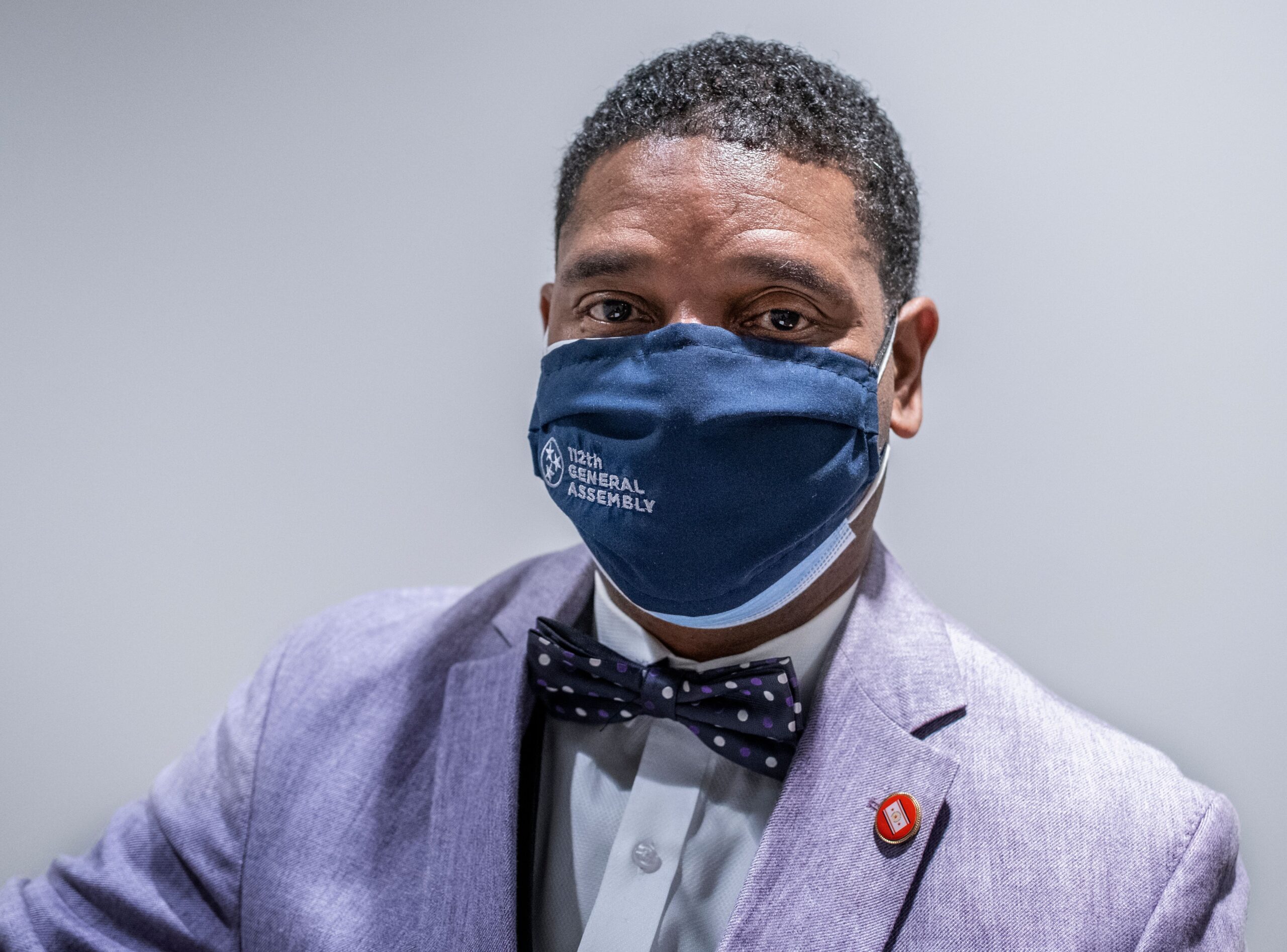A year after putting the program on hold as the COVID-19 pandemic started, Gov. Bill Lee injected $250 million into his fiscal year 2022 spending plan for a K-12 mental health trust fund.
Lee and other state officials cited increased pressure on young people and the difficulty of the pandemic in renewing the program for a problem he said is "incredibly important" but often fails to receive the attention it needs.
"It is sometimes a complicated issue, the mental health of young people," the governor said, citing a situation in which his daughter at age 15 tried to commit suicide because of depression.
Teens have had even less interaction with friends, teachers and other acquaintances over the past year because of the pandemic, often leaving them vulnerable, Lee said.
Of the $250 million Lee is putting into his budget for the next fiscal year, $25 million will be used initially. Annual spending, which will be done with investments from the fund, is uncertain.
One in five children have a mental health diagnosis every year, and 60% of children who receive mental health services get them at school. Lee noted youth suicide has increased 56% in the past decade, making it the second leading cause of death for ages 10-24.
The state will work with groups such as the Tennessee Suicide Prevention Network and the Jason Foundation founded by Hendersonville businessman Clark Flatt to prevent teen suicide.
State funding will go toward clinical services in schools, mental health awareness and promotion, suicide prevention and help for those who try to commit suicide, trauma-informed programs and practices, prevention of violence and bullying and Project Basic, a mental health support program.
The idea is to use the investment to increase services and prevent children from winding up in an emergency room, said Commissioner Marie Williams of the Tennessee Department of Mental Health and Substance Abuse Services.
Young people are experiencing higher rates of anxiety and depression than their parents and grandparents, she said. Some 13% of young people suffer serious emotional disturbance, according to Williams.
"We know the earlier we can intervene, the better outcomes are for children and families," Williams said.
One in five parents have said they are concerned about their children, according to a Vanderbilt University study, impacting low-income households disproportionately, she said.
Democrats applauded the effort to help children deal with mental health problems but raised questions about the vehicle.
House Democratic Caucus Chairman Vincent Dixie of Nashville said Monday it is "clear there is a need and our kids deserve all the support we can give them." Dixie added he hopes the governor will make sure the money is spent directly on children who need the support.
But while Senate Minority Leader Jeff Yarbro said mental health services in schools are "long overdue," he cast doubt on whether the endowment model is the right way.
Yarbro, of Nashville, said "stable, reliable" funding is needed to ensure mental health services. He added that $250 million could pay for a dedicated professional in every school for almost a decade.
"Nobody wants the psychologist or social worker in their school to be dependent on how the stock market does," Yarbro said.
Read more at TennesseeLookout.com.

